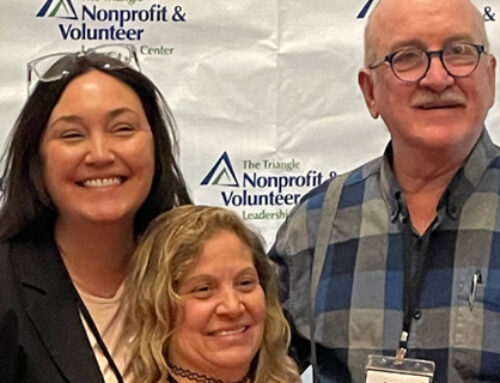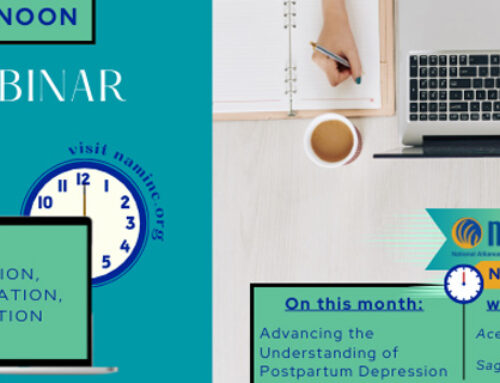Anosognosia is a medical condition that reflects an unawareness of having a mental health condition. The word “anosognosia” comes from the Greek meaning “to not know a disease.” Someone with anosognosia cannot perceive their mental health condition, or cannot perceive the fact that they are behaving or experiencing the world differently than others. It’s more than denial – it’s an inability to recognize that one’s mental health is not where it should be.
What causes anosognosia?
Humans regularly update their mental image of ourselves based on circumstances, growth, or the passage of time. If you get a haircut, or learn a new skill, your image of yourself shifts with those changes. Adjusting your self image requires that the brain’s frontal lobe is regularly organizing new information and remembering the new self-image based on that new information.
However, studies of the brain have shown that this frontal lobe can be damaged by conditions such as schizophrenia, bipolar disorder or dementia. When this area of the brain is compromised, it can affect a person’s ability to update their self-image.
This leaves the affected person unable to perceive changes in themselves – their behavior, feelings, or ability to regulate moods. They cannot accept what friends and family may be telling them about their symptoms. This can lead to a lack of trust of other people. More crucially, this keeps an affected person from seeking treatment, because they are unaware of the need for intervention.
Why is anosognosia important to understand?
Studies have indicated that approximately 30% of people with schizophrenia and 20% of people with bipolar disorder have experienced anosognosia. These are people with untreated conditions who are at increased risk of homelessness or arrest because of their unchecked symptoms. Understanding the risks of anosognosia can help us better assist those suffering from it.
Unfortunately, anosognosia is difficult to treat, because it requires convincing someone to seek treatment for a condition they do not believe they have. There is mitigation that therapists can use to help motivate people to continue medications or treatments. In some cases, involuntary hospitalization becomes necessary. You can visit the Treatment Advocacy Center website for information on North Carolina commitment laws.
Sources:





